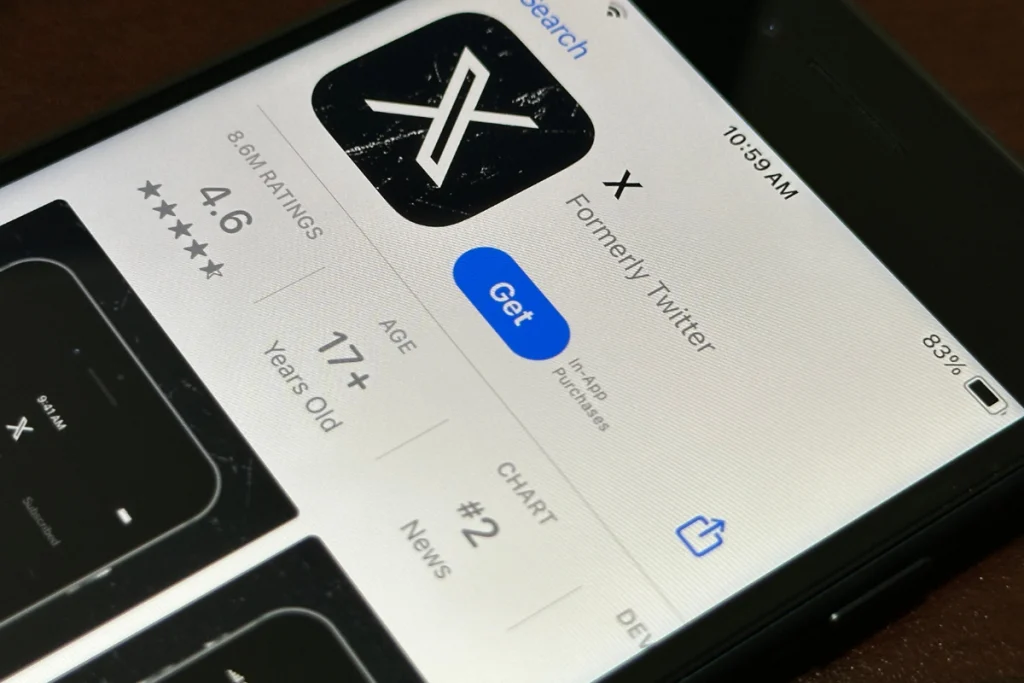On Saturday, Brazil implemented a ban on X, joining a small group of nations that have taken similar actions against the social network. Most of these nations are governed by authoritarian regimes.
In addition to permanent bans, some countries have temporarily limited access to X, formerly known as Twitter, a platform frequently utilised by political dissidents for communication.
Countries implementing such restrictions include Egypt during the Arab Spring uprisings in 2011, Türkiye in 2014 and 2023, and Uzbekistan during the 2021 presidential election.
Below is a compilation of other nations that have taken similar measures:
China
Twitter was banned in Beijing in June 2009 before it gained a significant presence in Western media and politics throughout the 2010s. This ban was enforced two days before the 20th anniversary of the government’s suppression of pro-democracy protests in Tiananmen Square. As a result, many Chinese individuals turned to domestic alternatives like Weibo and WeChat.
Iran
Tehran also blocked Twitter in 2009 amidst a series of protests following a disputed presidential election in June. Despite the ban, the platform has disseminated information about dissident movements to the outside world.
Turkmenistan
In the early 2010s, the isolated Central Asian nation of Turkmenistan blocked Twitter and numerous other foreign online services and websites. The authorities in Ashgabat closely monitor citizens’ internet usage, provided through the state-controlled monopoly operator TurkmenTelecom.

North Korea
In 2010, Pyongyang created its own Twitter account to appeal to foreigners interested in the country. Nonetheless, the platform, Facebook, YouTube, and gambling websites have been blocked since April 2016. Beyond a few government websites, internet access is strictly monitored by the government in the reclusive regime, with access limited to a select group of high-ranking officials.
Myanmar
X has been inaccessible since February 2021, when the authorities targeted the app for its usage by opponents of the military coup that ousted Aung San Suu Kyi’s civilian government. Since then, the junta has tightly controlled internet access in Myanmar.
Russia
In 2021, Moscow began to slow down access to Twitter, alleging that the site allowed users to disseminate “illegal content.” A formal ban was imposed in March 2022, shortly after Russia invaded Ukraine. Many Russian users continue to access X through VPN services, which enable them to circumvent the restriction.
Pakistan
X has been banned since the parliamentary elections in February of this year. The Pakistani government, supported by the military, claims that the ban is for security reasons. Former Prime Minister Imran Khan faced widespread allegations of fraud spread via the platform against his opposition party.

Venezuela
In August, Nicolas Maduro, who was declared the winner of the presidential election in July amidst significant suspicions of fraud, ordered access to X to be suspended for ten days as security forces were quelling nationwide demonstrations. The block has persisted beyond the expiration of the ten days.
Brazil
The judiciary implemented the ban on X in Brazil through Supreme Court judge Alexandre de Moraes. He emphasised the reactivation of accounts instructed to be suspended by Brazilian courts.


